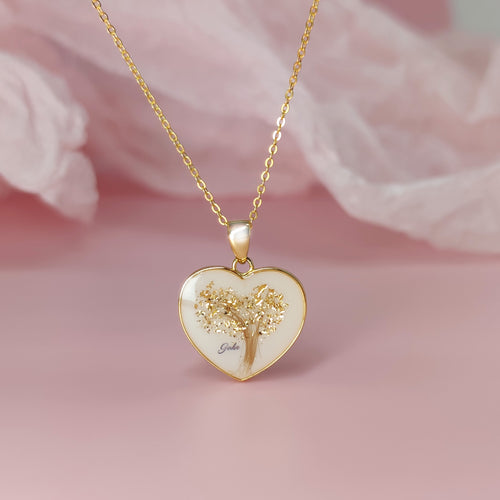Introduction: The Importance of Postpartum Mental Health
The arrival of a new life often brings excitement and joy, but for many new mothers, this period is also filled with challenges. Emotional fluctuations, and in some cases, postpartum depression (PPD), can significantly impact a mother’s mental health, mother-infant bond, and family harmony. Understanding the difference between normal emotional changes and depression, and knowing how to respond effectively, is crucial for both new mothers and their support networks.
1. What Are Postpartum Emotional Changes and Depression?
-
Postpartum Emotional Changes (Baby Blues)
- A common phenomenon experienced by about 80% of new mothers.
- Characteristics: Mood swings, tearfulness, anxiety, or irritability. Symptoms are usually mild and last for a short period (a few days to two weeks).
-
Postpartum Depression (PPD)
- A more serious mental health condition affecting approximately 10–15% of new mothers.
- Characteristics: Persistent sadness, fatigue, loss of interest in daily activities, and, in severe cases, thoughts of self-harm or harming the baby.
2. How to Identify Symptoms of Postpartum Depression?
-
Common Symptoms:
- Persistent feelings of sadness or helplessness.
- Difficulty bonding with the baby.
- Severe exhaustion or insomnia, even when the baby is sleeping.
- Loss of interest in food, activities, or socializing.
-
Warning Signs of Severe Depression:
- Thoughts of self-harm, suicide, or harming the baby.
- Inability to care for oneself or the baby.
-
Distinction from Baby Blues:
- Symptoms persist for more than two weeks.
- Significant disruption to daily functioning.
3. What Causes Postpartum Depression?
-
Biological Factors:
- Sudden hormonal changes (e.g., drops in estrogen and progesterone).
- Physical stress from childbirth and recovery.
-
Psychological Factors:
- Stress of adjusting to a new role.
- Self-doubt and guilt about parenting abilities.
-
Social and Environmental Factors:
- Lack of family support or social isolation.
- Stress from baby health issues or sleep challenges.
4. How to Manage and Cope with Postpartum Depression?
-
Seek Professional Help
- Consult a mental health professional if symptoms persist for more than two weeks or if severe warning signs are present.
- Treatments like Cognitive Behavioral Therapy (CBT) or antidepressant medications may be effective (under professional guidance).
-
Build a Support Network
- Reach out to family, friends, or community support groups.
- Connecting with other mothers who have similar experiences can reduce feelings of isolation.
-
Practice Self-Care and Relaxation
- Ensure adequate sleep and a balanced diet.
- Find time for activities that help you relax, such as meditation, walking, or short personal breaks.
-
Encourage Family Involvement
- Partners can share more parenting responsibilities.
- Family members should provide emotional care and understanding.
5. How to Prevent Postpartum Depression?
-
Psychological Preparation During Pregnancy
- Educate yourself about motherhood to reduce fear of the unknown regarding childbirth and parenting.
-
Set Realistic Expectations Postpartum
- Accept that emotional fluctuations are normal and avoid striving for the unrealistic ideal of being a “perfect mom.”
-
Establish a Support System in Advance
- Ensure close family members, friends, or professionals are ready to offer timely help and companionship.
6. Making Mental Health a Priority in Postpartum Care
Addressing postpartum emotional changes and depression is not just about protecting the mother’s well-being; it also directly impacts the baby’s development and family harmony. By recognizing early warning signs, seeking help, and building a robust support system, new mothers can navigate this transitional period more smoothly and embark on a healthier, more fulfilling journey of motherhood.
Conclusion
Choosing the right jewelry design not only allows you to feel the warmth of motherhood at all times but also lets you express your personality and style. I hope these tips help you find the piece that best represents the special bond between you and your baby. If you want to customize a piece of jewelry just look at this. It’s a unique way to cherish this time forever.
Note: If you or someone you know may be experiencing postpartum depression, please seek immediate help from a mental health professional or doctor for timely support.

